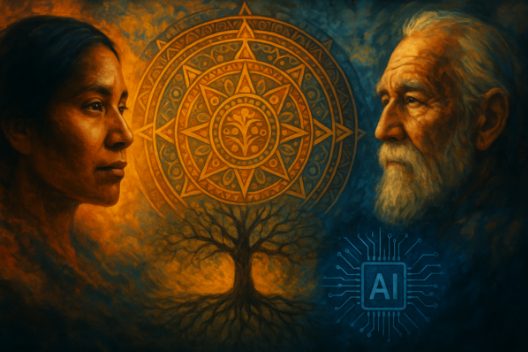In contrast to “evidence-based” psychological theory and practice that constrain psychological life to only that which can be physically observed and statistically measured, depth psychology values the full spectrum of psychological experience as vital to human wholeness and wellbeing. This more expansive view of the psyche includes immeasurable realities like consciousness, meaning, imagination, love, spirituality, creativity, and beauty. The global reality of an on-going mental health crisis mandates the integration of more expansive and inclusive models and modalities for health and well-being. Depth Psychology in the 21st Century: An Introduction explores the foundational principles of depth psychology while demonstrating its urgent relevance to the challenges of contemporary culture.
This course introduces key concepts of Depth Psychology based on the work of C. G. Jung—such as the unconscious, archetypes, complexes, individuation, and psychological types. Contextualized within modern cultural, social, and ecological challenges and emergent understandings of sustainable living and mental health, students will engage with Jungian and post-Jungian perspectives—including feminist, decolonial, and indigenous revisions. The curriculum emphasizes depth psychology as both a psychological methodology and a living, evolving framework essential for understanding personal and collective transformation in our rapidly changing world.


